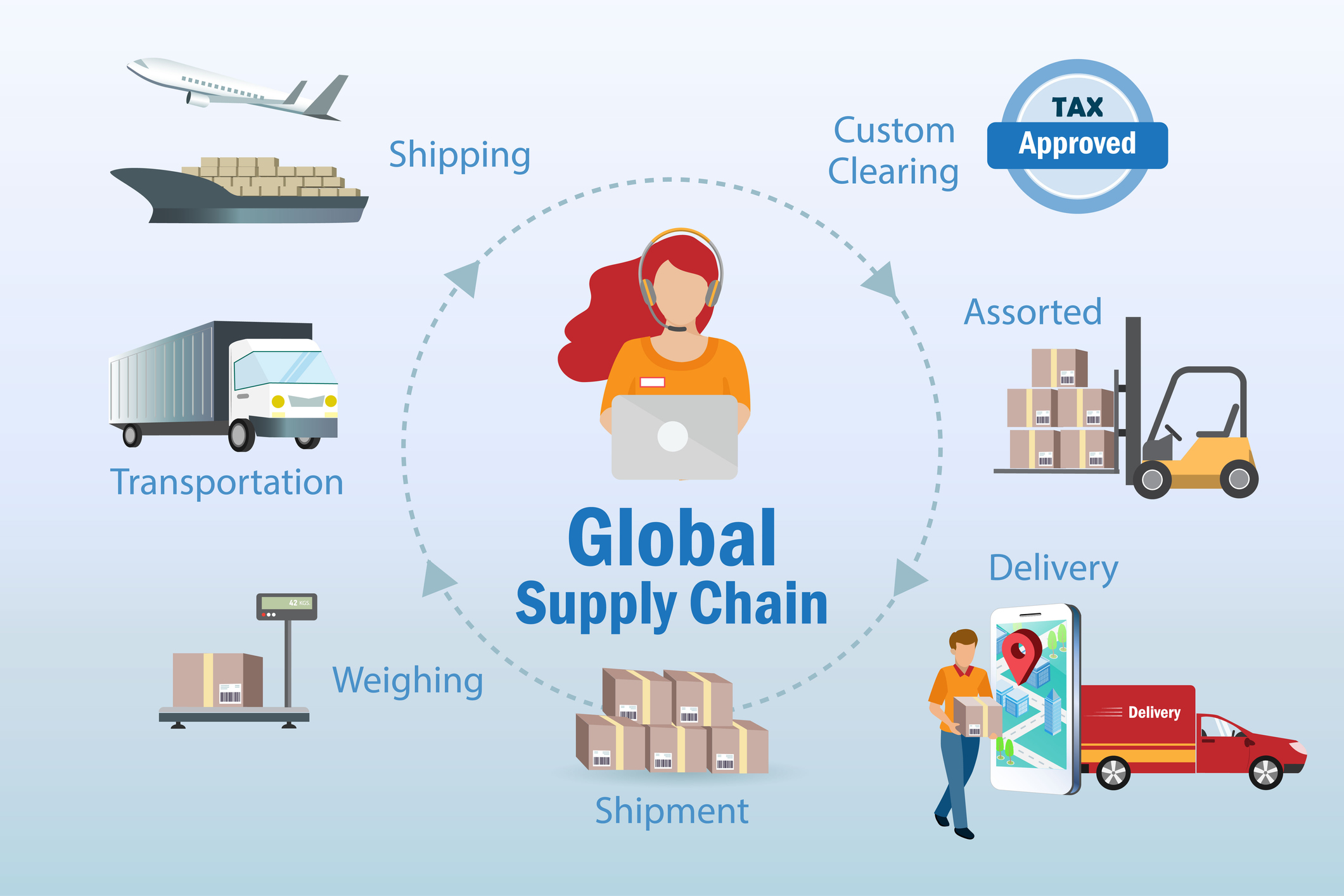Supply Chain Management in Nigeria: Strategies for Efficiency and Growth
Supply chain management in Nigeria plays a crucial role in ensuring the smooth flow of goods from manufacturers to consumers. It encompasses procurement, production, warehousing, logistics, and distribution—all essential components that determine a business’s operational success.
As Nigeria continues to expand its manufacturing and import/export sectors, effective supply chain management is becoming vital for reducing costs, minimizing delays, and improving customer satisfaction.
Current Landscape of Supply Chain Management in Nigeria
The landscape of supply chain management in Nigeria is evolving rapidly, driven by technological adoption, infrastructure development, and growing consumer demand.
However, businesses still face challenges such as:
-
Poor transport infrastructure and road networks.
-
Inconsistent customs regulations.
-
Limited warehousing capacity and supply chain visibility.
-
Currency fluctuations affecting import and export operations.
Despite these issues, companies that adopt modern logistics systems and work with experienced partners are achieving greater reliability and cost efficiency.
Key Components of Effective Supply Chain Management
To optimize supply chain management in Nigeria, companies need to focus on the following core areas:
-
Procurement Efficiency: Sourcing quality goods from reliable suppliers while minimizing costs.
-
Inventory Control: Balancing stock levels to meet demand without overstocking.
-
Transportation and Logistics: Selecting efficient routes and carriers to reduce delivery time.
-
Technology Integration: Using digital tools such as ERP and warehouse management systems for real-time tracking.
-
Risk Management: Preparing for disruptions caused by infrastructure, regulatory, or market issues.
Strong supply chain strategies allow businesses to stay agile and competitive in a dynamic Nigerian market.
Benefits of Optimizing Supply Chain Management
Improving supply chain management in Nigeria offers several measurable benefits:
-
Reduced Operational Costs: Streamlined logistics and efficient warehousing lower expenses.
-
Improved Product Availability: Ensures consistent product flow to distributors and retailers.
-
Enhanced Customer Satisfaction: Faster and more reliable deliveries boost trust.
-
Stronger Supplier Relationships: Better coordination leads to mutual growth.
-
Increased Profit Margins: Efficient operations contribute to higher returns on investment.
These advantages make supply chain optimization a strategic priority for any business operating within Nigeria’s fast-paced economy.
Challenges in Supply Chain Management in Nigeria
Despite significant potential, supply chain management in Nigeria faces persistent challenges:
-
Infrastructure gaps—many rural areas lack proper transport access.
-
Regulatory complexities—customs delays can affect imports and exports.
-
Limited cold chain facilities for perishable goods.
-
Security and regional instability in some transport routes.
Addressing these challenges requires both government intervention and strong private sector participation to build a resilient logistics network.
How Wigmore Trading Supports Supply Chain in Nigeria
With years of experience in logistics, import/export, and distribution, Wigmore Trading provides tailored solutions to enhance supply chain management in Nigeria.
The company assists businesses in sourcing products, managing inventory, coordinating transport, and ensuring on-time delivery across all 36 states.
By combining local expertise with international standards, Wigmore Trading can help streamline your operations, improve reliability, and support your business growth in Nigeria’s competitive market.
Contact Wigmore Trading today to optimize your supply chain performance and reduce operational bottlenecks.








Comments are closed.